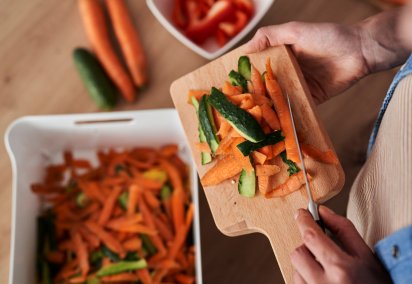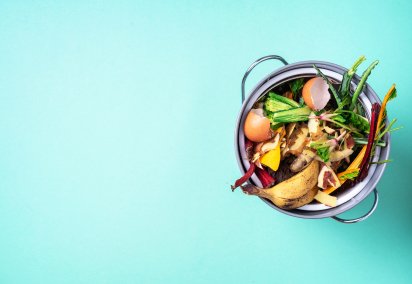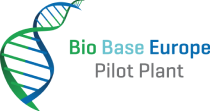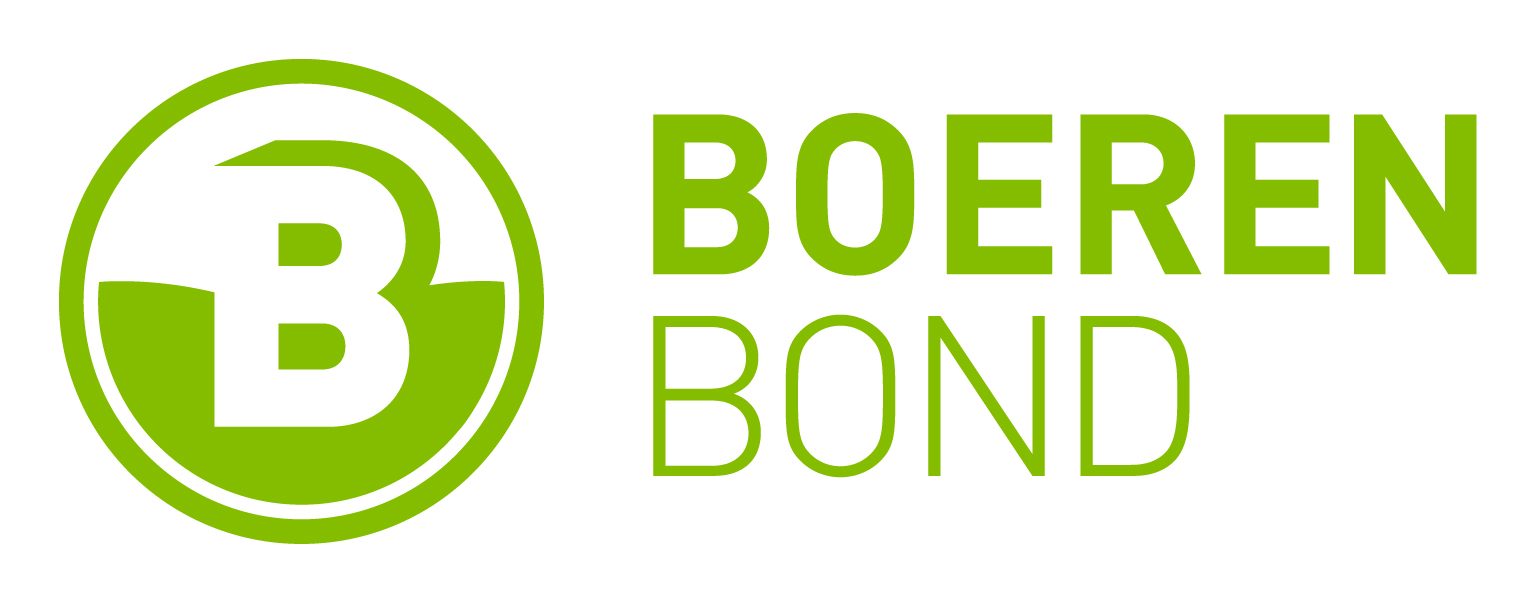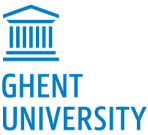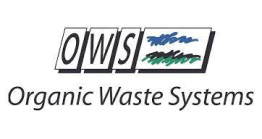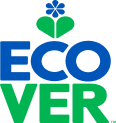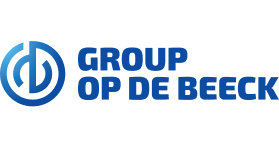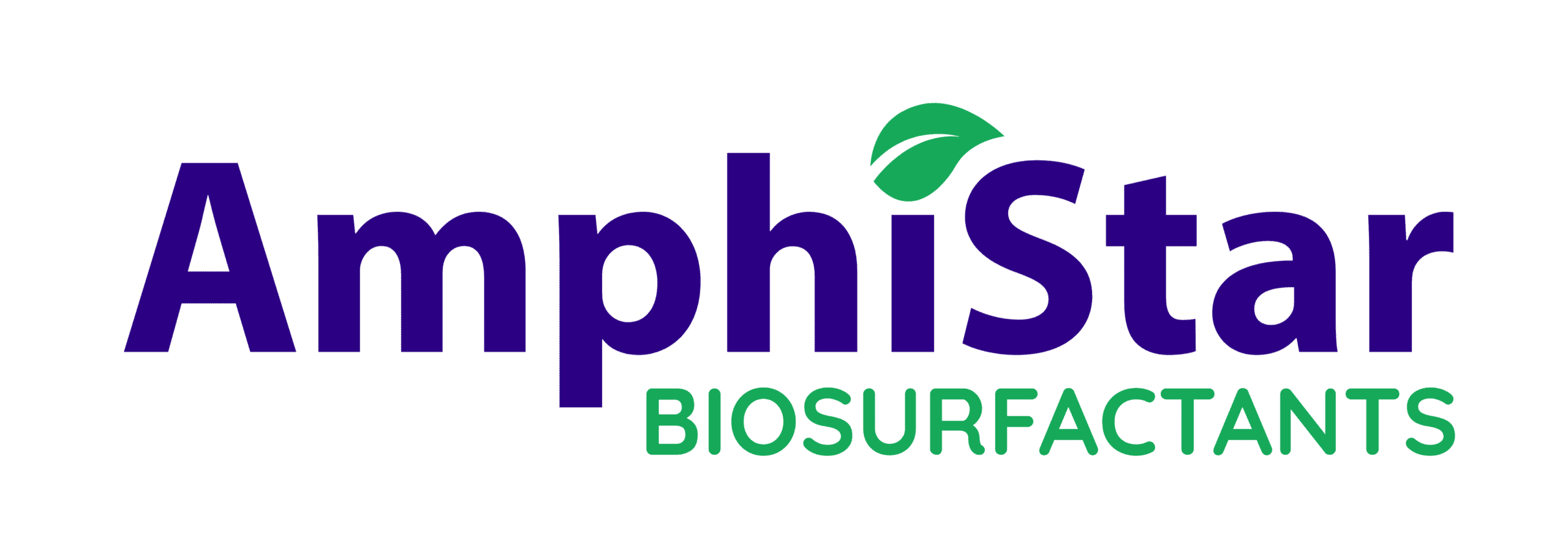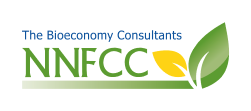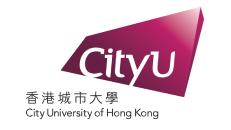WASTE2FUNC: From food waste to biosurfactants and lactic acid
In this project we will demonstrate the production of biosurfactants and lactic acid from food waste from agriculture, the food industry, supermarkets and restaurants.
Within the project, several objectives are being worked on:
On the one hand, work will be done on a registration website/app to register food waste flows from the agriculture and food industry for collection by a waste collector. There will also be intensive consultation with farmers about how we can make the collection of such food waste worthwhile and what compensation should be given in return. In addition, consultations will also be held about the availability of these waste streams, both among farmers and the food industry.
Technology has already been developed in the past to produce biosurfactants and lactic acid from supermarket and restaurant food waste from supermarkets. Within the WASTE2FUNc project, this continuously available waste stream is supplemented with waste streams from agriculture such as:
- Fruit and vegetables that do not meet the “standards” and are therefore difficult to sell in auctions (too small, strange shape, …)
- Burnt fruit from extreme summers
- Rotten fruit and vegetables due to extreme climate causes
- …
On the other hand, this is supplemented with waste streams and side streams from the food industry, such as:
- Batches from certain food companies that can no longer be sold due to various circumstances (e.g. due to a broken cold room or freezer room failures)
- Side streams and waste streams from the food industry that currently have no end-use
As mentioned above, all the above flows have no end-use and they rot on the field or are discarded and often incinerated. This leads to unnecessary CO2 emissions and can therefore be avoided by using the streams to further convert into biological soaps and bioplastics.
The technology already developed to enable the conversion will be further optimized within the WASTE2FUNC project and brought to a pre-industrial scale. This makes it possible to investigate the economic feasibility of all developed technology and this new value chain and to examine the sustainability of the entire process. Furthermore, also potential regulatory hurdles will be investigated and resolved and business models will be set up.
Together with environmental, economic, social and regulatory analyses and constant optimization, performed by the WASTE2FUNC project partners, this will decrease CO2 emissions with at least 20% and increase value from waste with 2-10 fold and create (high tech) jobs for the primary- and downstream sector in Belgium and Europe.
The ultimate goal at the end of the project is to have a view on the potential of establishing a biorefinery in which functional molecules can be made from all this collected food waste in a sustainable and economically profitable way. These functional molecules can subsequently be used as building blocks for bioplastics and as ingredients in cosmetics, in biological detergents and in numerous other applications. WASTE2FUNC will contribute to a more sustainable industry by using renewable resources and by its circular approach.
Supported by:
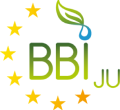
This project has received funding from the Bio Based Industries Joint Undertaking under the European Union’s Horizon2020 research and innovation programme under grant agreement No 101023664
